5 Postcolonial novels: Voices from the Bengal Province

Like most other parts of the world, the Bengal province has had a long tradition of being colonised. Her 200-year-long relationship with the coloniser was filled with mistrust, violence, and revolution. There were moments when she erupted like a vicious volcano and chanted her songs of liberty. Here is a short list of her chants in fiction, creating a narrative of Bangali postcolonial resistance.

Gora
Rabindranath Tagore
Adorn Books Publication, 1910
Rabindranath Tagore's Gora is set in Calcutta during the 1880s under the rule of the British Raj. It is Tagore's longest novel and a philosophical treatise about race, culture, feminism, colonial rule, nationalism, etc. The novel critically explores the long-standing debate between the Brahmo Samaj and Hinduism.
Gora comprises two parallel love stories, between Gora and Sucharita, and Binoy and Lolita. The love stories are veiled under the socio-political upheavals of India towards the end of the 19th century. Gora, whose name directly translates to "fair" in English, is a man who is deeply rooted in his Indian identity and nationalism. "Gora" is also translated as the "root" or "foundation", thus showcasing the confused roots of the titular character. The novel illustrates the tensions between Western influence and Indian values, particularly through Gora's interactions with characters from various backgrounds and social classes. The tension highlights the spiritual and national identity crises of Indian Hindu aristocracies. Filled with the zeal of national consciousness, the novel is a crude commentary on British Imperialism. Through the exploration of muddled national identities, Tagore ponders upon the meaning of self and the essence of belonging.
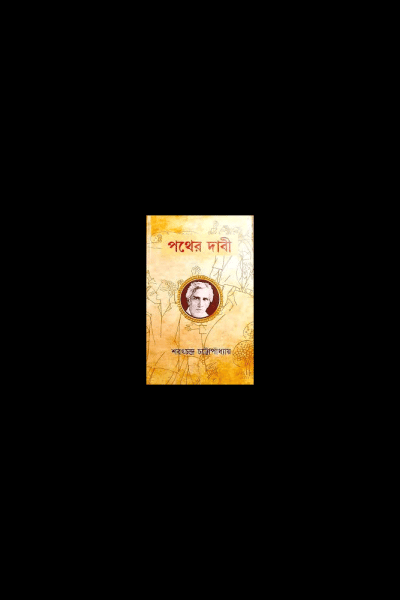
Pother Dabi
Satarchandra Chattopadhyay
Bishya Shahittya Kendra, 1926
This book is set in British-occupied India and Myanmar. It is about a secret society, named "Pother Dabi" or "The Demand of the Road", whose main aim is to free India from Britain's occupation. The society is made up of revolutionaries fighting against the colonial regime. In the central narrative is a revolutionary named Apurba who is emotional, impressionable, and shown to be someone who has grievances with the colonial system. However, his obsession with maintaining his caste purity even during illness is depicted by the author with contempt. On the flip side of the coin is the character of Sabyasachi, who does not believe in the caste system and calls for the destruction of all that is ancient (Sanatan) and decaying—religion, society, and tradition. Additionally, there is a host of other characters from the "Pother Dabi" club, each showcasing a different ideal of human society and contributing to the socio-political turmoil of colonial Bengal.
Saratchandra's novel Pother Dabi, later translated as The Right of Way (1993) by Prasenjit Mukherjee, helped to create an independent consciousness among the natives, where he dictated that independence was the only way to save the Indians from British rule. The story also highlights the issues of untouchability, orthodoxy, and faith among class divisions and the treatment of women in society. It scrutinises British imperial policies, while carefully satirising India's inherent customs with the same intensity.
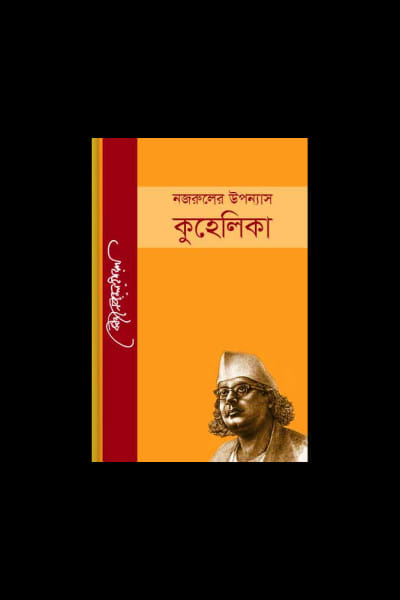
Kuhelika
Kazi Nazrul Islam
Student Ways Publication, 1931
Nazrul is considered one of the most ferocious anti-colonial writers of the Bengal province. His work screams the aura of revolution and liberty. Throughout his life, Nazrul raised his voice against British colonisation. Among his three novels, Kuhelika is the last and most prominent resistance narrative produced in colonised Bengal. The novel has been recently translated into English as The Revolutionary (Nymphea Publication, 2016) by Niaz Zaman and M.A. Quayum.
Kuhelika starts amid a boyish discussion centering around the identity of women. Our young hero, Jahangir, also known as Uljhulul, states his pessimistic perception that women are like an illusion. In due time, the novel delves into Jahangir's personal and political space. His struggle for an identity is revealed gradually, as we encounter the problems regarding his mother and motherland. Kuhelika is not merely a social criticism, but also a call for political and armed action against the British Raj. It introduces us to the revolutionary heroes of Bengal, and our protagonist Jahangir is a well-equipped revolutionary operating under the Swaraj movement.
For the first time, the novel presents female revolutionaries in fiction—a few years before the operation and suicide of Pritilata Waddedar. During its time, the publication of the text instigated a huge carnage in Nazrul's life. To this day, the novel remains a crucial documentation of anti-colonial resistance in Bengal. It is an amalgam of violent passion inspired by the spirit of Bangali revolution and nationalism.
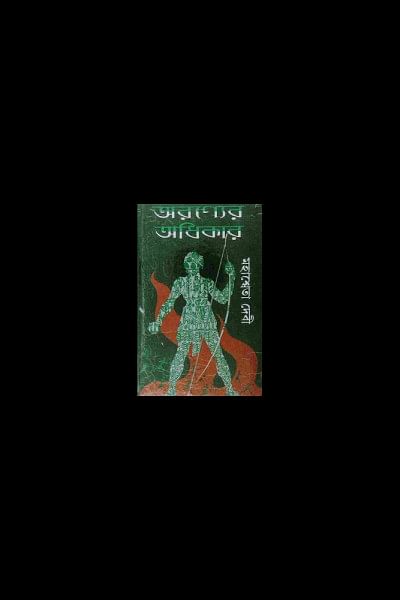
Aranyer Adhikar
Mahasweta Devi
Karuna Publishers, 1977
A powerful novella written by Mahasweta Devi, Aranyer Adhikar addresses the struggles of indigenous people in India, particularly the Santhal tribe. The text carefully narrates the life and struggles of the Indian tribal freedom fighter, Birsa Munda, against the imperial British regime. Aranyer Adhikar is an eco-conscious exploration of the Indian Santhal tribe, and it presents the continuous struggle between colonialism and ecological identity. In 1979, Devi received the Sahitya Akademi Award for this novella.
The story centres around the Santhal community's resistance to land acquisition for mining and industrial purposes. The narration dictates a deep connection between the people of the tribe and their land, portraying the devastating after-effects of colonial modernity. Devi's writing is a sympathetic portrayal of the marginalised, shedding light on India's broader developmental policies. The narrative addresses the exploitation of indigenous populations by industrial and governmental forces, showing how development projects often lead to the displacement of marginalised communities.
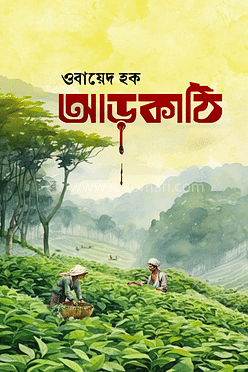
Arkathi
Obayed Hoque
52 (Bayanno) Publication, 2024
Published in 2024, Obayed Hoque's Arkathi opens with an interesting history of the founding of the Sylheti and Assamese tea estates. The novel takes us to the old profession of "arkathis", who were the agents of British colonisers in search of tea labourers throughout the land.
Arkathi begins with the arrival of British colonisers with their modernised railways in a rural Bangali village. The pastoral orphaned hero, Naren, teams up with Aghor Babu and Dinesh as a member of the arkathi. Leaving the mainland behind, they travel through the forests of West Bengal, Chottishgor, and Choto Nagpur in search of indigenous labourers who will work to create the English tea estates. Much like hyenas, the group searches deep into the Bengal landscape and looks for small subaltern villages struggling with poverty. The novel scrutinises the false promises given to the feeble population of the land by the Sahebs and local businessmen. It narrates how the colonisers bound them in a loop, with the promise of five-year contracts, which eventually perpetuated into a life cycle. Offering a glimpse into the tortures of English tea estates, the novel is a re-imaginative history of our ancestors and their heinous screams for help. It is sure to shake the heart of the reader and reshape their understanding of our colonised history.
K.M. Arefin is a passionate writer and poet. He works as a faculty member at Bangladesh University of Professionals and is a researcher of Postcolonial Bengali Literature. Reach him at [email protected].

 For all latest news, follow The Daily Star's Google News channel.
For all latest news, follow The Daily Star's Google News channel. 




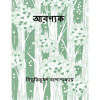


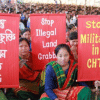


Comments